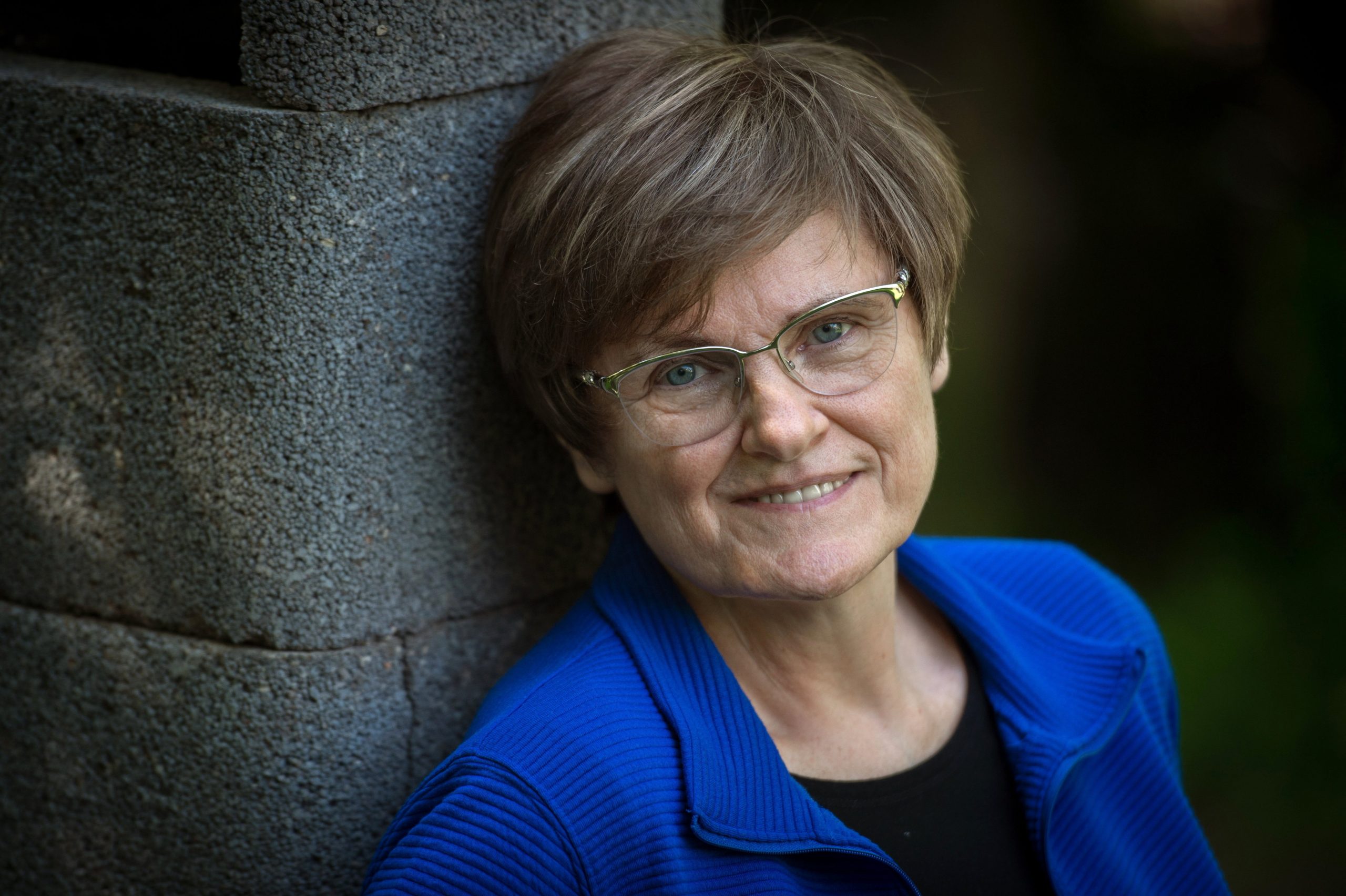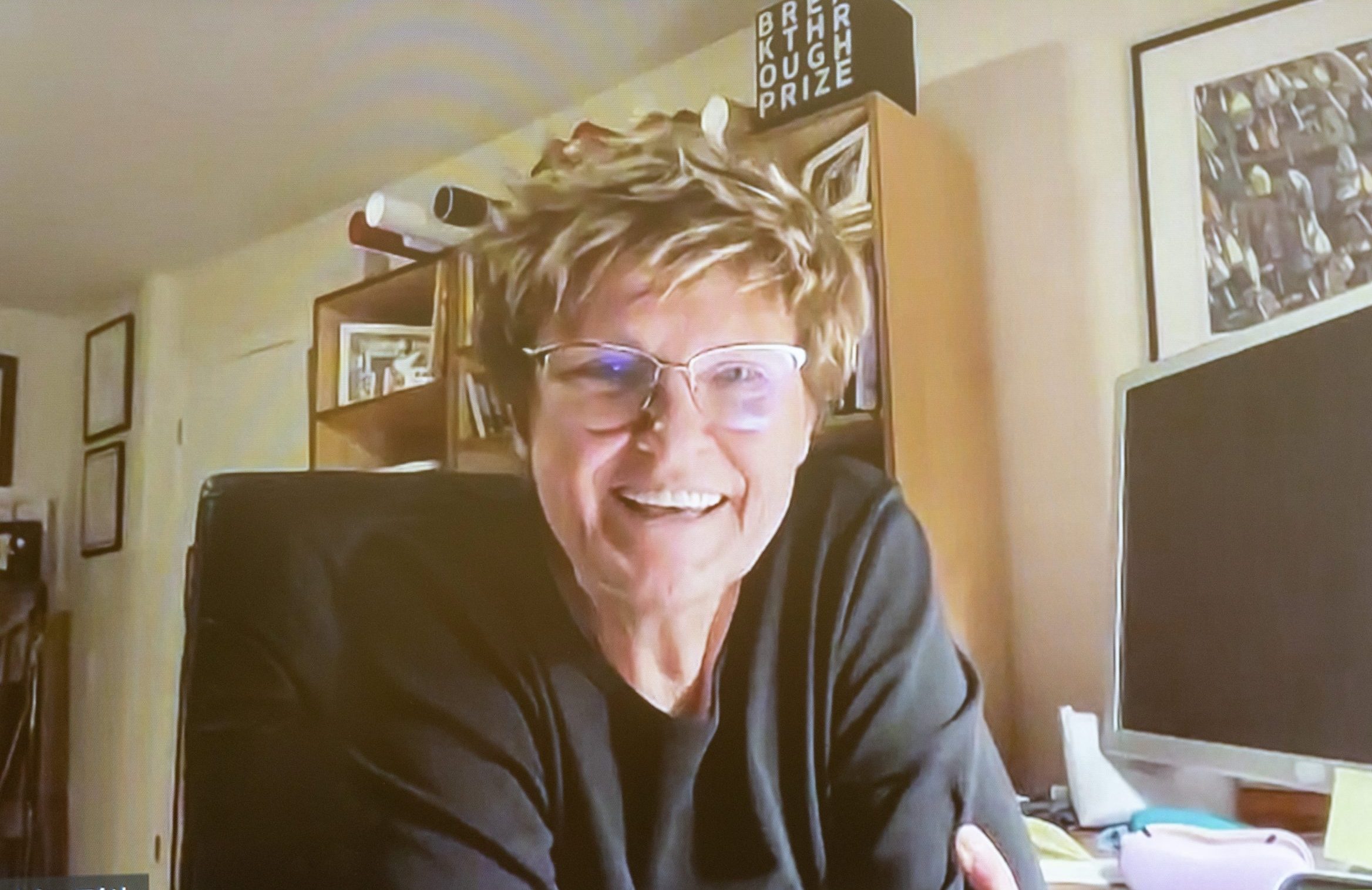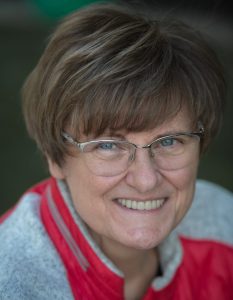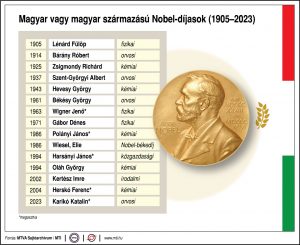
Katalin Karikó was the one who, with her colleagues, developed of the mRNA vaccine against Covid-19.Continue reading

Hungarian biochemist Katalin Karikó and US microbiologist Drew Weissman will receive this year’s Nobel Prize in Medical Sciences for their discoveries that paved the way for the development of mRNA-based vaccines, it was announced on Monday at the Karolinska Institutet in Stockholm.
According to a statement from the committee, Katalin Karikó and Drew Weissman will receive the prize for their discoveries on nucleoside modification, which enabled the development of an effective mRNA-based vaccine against Covid-19.
With their groundbreaking results that fundamentally changed our understanding of the interaction between mRNA and the immune system, the winners have contributed to the rapid development of vaccines at a time of one of the most serious threats to human health in the modern era.

Karikó Katalin. Photo: MTI/Cseke Csilla
Gunilla Karlsson Hedestam, a member of the Nobel Prize panel, said that the work of the two scientists was of paramount importance in saving lives, especially in the early stages of the pandemic.
The impressive resilience and speed of development of mRNA vaccines paved the way for new technology to be used against other infectious diseases. In the future, it could also be used to target therapeutic proteins and to treat certain types of cancer,” the Nobel committee said in a statement.
The laureates will share 11 million Swedish kronor (951,000 EUR). The prize is traditionally awarded on December 10, the anniversary of the death of Alfred Nobel, the founder of the prize.
Karikó and Weissman have received numerous awards in recent years, and two years ago they were awarded the Lasker Prize for Clinical Development, considered the precursor to the Nobel Prize.

Hungarian Nobel Prize winners, or those of Hungarian descent. Graphics: MTI
“The most important thing is that we are happy to do our work,” Karikó told journalists on Monday. The biochemist told journalists and University of Szeged leaders after the announcement that it was important to maintain their physical and mental health and learn to manage stress.
In response to a question, Karikó recalled how her mother used to listen every year to the Nobel Prize winners, hoping that one day her name would be read out. But there were times when she had neither a job nor a group, just a busy day in the lab.
Featured Image: MTI